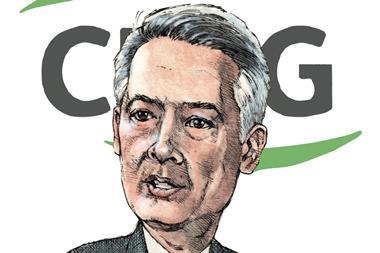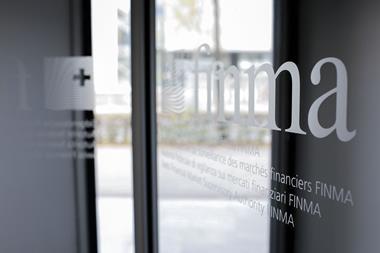A paper on the liquidity risk of Dutch pension funds has won the annual Research Award of the International Centre for Pension Management (ICPM).
The study – Pension liquidity risk – commissioned by the Dutch institute for pension research Netspar, shows that forced bond sales by Dutch pension funds during periods of rising interest rates can push down the prices of these bonds.

In the winning study, Kristy Jansen of the University of Southern California, Patty Duijm of the Dutch central bank DNB, Sven Klingler of the BI Norwegian Business School, and Angelo Ranaldo of the University of St. Gallen looked at the effects of large interest rate rises on pension funds’ bond portfolios, between 2012 and 2022.
“We observe additional price falls of the most liquid government bonds, those with maturities between one and seven years, when interest rates rise sharply. These falls result from bonds sales by Dutch pension funds to meet margin calls for their interest rate hedges,” Jansen told IPE in March when their paper had just been published.
The four authors were awarded prize money of CAD20,000 (€13,331).
Papers on sustainable investing and the rise of alternatives in pension fund portfolios finished joint second place, winning CAD15,000 between them.
The paper ‘Sustainable investing: Evidence from the field’ by Alex Edmans and two colleagues from London Business School shows that a large majority of fund managers take into account environmental and social criteria in their stock selection, engagement and voting.
At the same time, fund mandates, firm-wide policies, or client wishes on environmental and social topics caused more than two-thirds of investors to make stock selection, voting, or engagement decisions that they would otherwise not have.
The other second-placed paper, titled ‘The rise of alternatives’ by three scholars from Harvard and Stanford, seeks to explain the rotation of US public pension funds from listed equities into alternative categories such as private equity and infrastructure.
The latest digital edition of IPE’s magazine is now available























